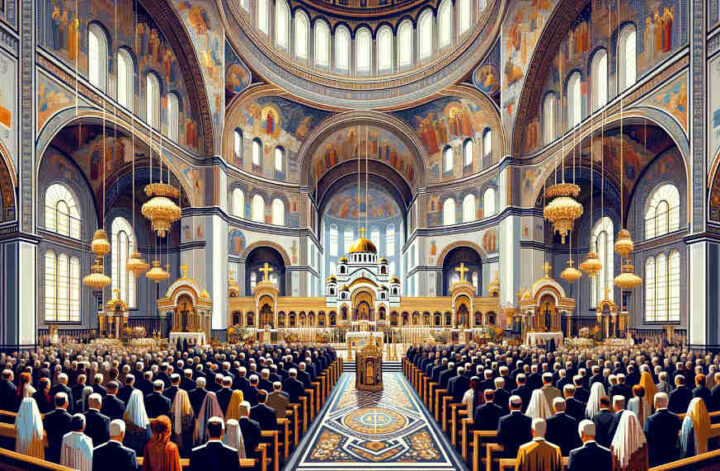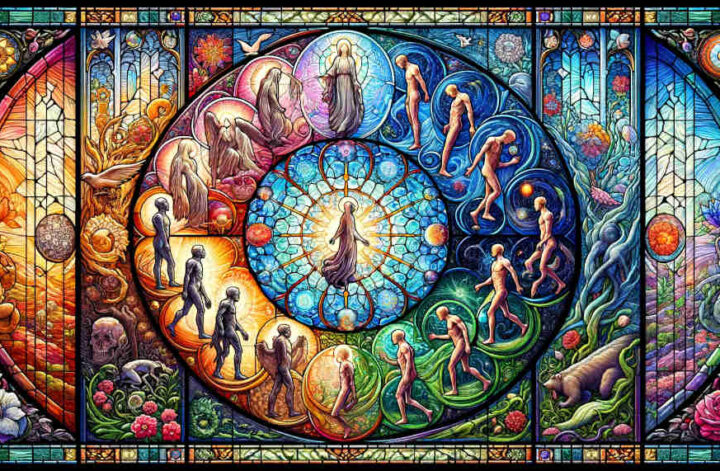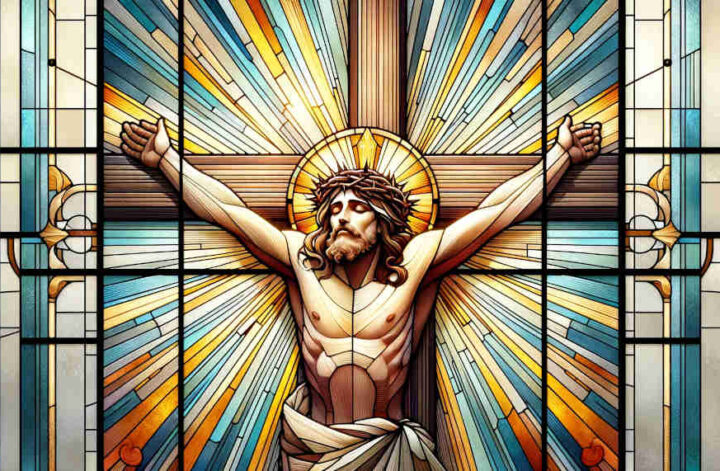Dear Theophilus,
In my journey to understand different faiths, I find myself drawn to the richness of Orthodox Christianity. Could you elucidate what Orthodox Christians believe and what sets their tradition apart from other Christian denominations?
Sincerely,
Julian
The Fundamental Tenets of Orthodox Christianity
Dear Julian,
I am delighted to hear of your interest in the Orthodox Christian faith, a tradition that indeed carries a profound historical and spiritual legacy. Orthodox Christianity is characterized by its continuity with the ancient Church and its adherence to the early Christian teachings and practices.
The central beliefs of Orthodox Christians can be encapsulated as follows:
- The Holy Trinity: Orthodox Christians believe in one God who exists in three persons: the Father, the Son (Jesus Christ), and the Holy Spirit, perfectly united in essence and undivided.
- Jesus Christ: The belief in Jesus Christ as the Son of God, fully divine and fully human, who came into the world to save humanity from sin and death through His crucifixion and resurrection.
- The Incarnation: The Word of God took on human flesh in Jesus Christ, to reconcile the world to God and to be the exemplar of divine life in the world.
- The Church: The Orthodox Church is regarded as the one, holy, catholic, and apostolic Church, a community that holds the faith delivered by Christ to the Apostles and maintains the continuity of holy tradition.
- Sacraments: Orthodox Christians hold a high view of the sacraments (or mysteries), especially baptism and the Eucharist, as means of grace and participation in the life of Christ.
- Divine Liturgy: The Eucharistic service, or Divine Liturgy, is central to Orthodox worship, believed to be a participation in the heavenly worship and a foretaste of the Kingdom of God.
- Holy Tradition: The teachings of the Bible, the decrees of the Ecumenical Councils, the writings of the Church Fathers, and the ongoing life of the Church, all contribute to what is known as Holy Tradition.
- Eschatology: A strong emphasis is placed on the hope of the resurrection of the dead and the life of the world to come.
- Theosis: The process of sanctification where humans can become partakers of the divine nature through grace and deification, growing in likeness to God.
These beliefs are not merely doctrines, but are integrated into the life of the Church and its liturgical practices, iconography, hymnography, and ascetic disciplines. Orthodoxy cherishes the beauty of God’s creation and the potential of humanity to be transfigured through divine grace.
Orthodox Christianity’s distinctiveness also lies in its view of salvation not simply as a moment of justification or a legal decree, but as a lifelong journey of transformation. This process is supported by the community of the Church, through prayer, fasting, almsgiving, and participation in the sacramental life of the Church.
While the above points offer a brief overview, the depth and richness of the Orthodox faith are best appreciated through direct experience and engagement with its liturgical life. Should you wish to delve deeper, I would encourage you to visit an Orthodox church and witness the living tradition that has been preserved since the time of the Apostles.
May your quest for understanding lead you to the fullness of truth and life as embraced in the Orthodox Christian faith.
With prayers,
Theophilus


